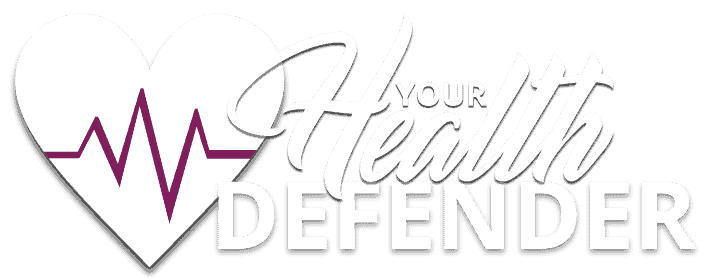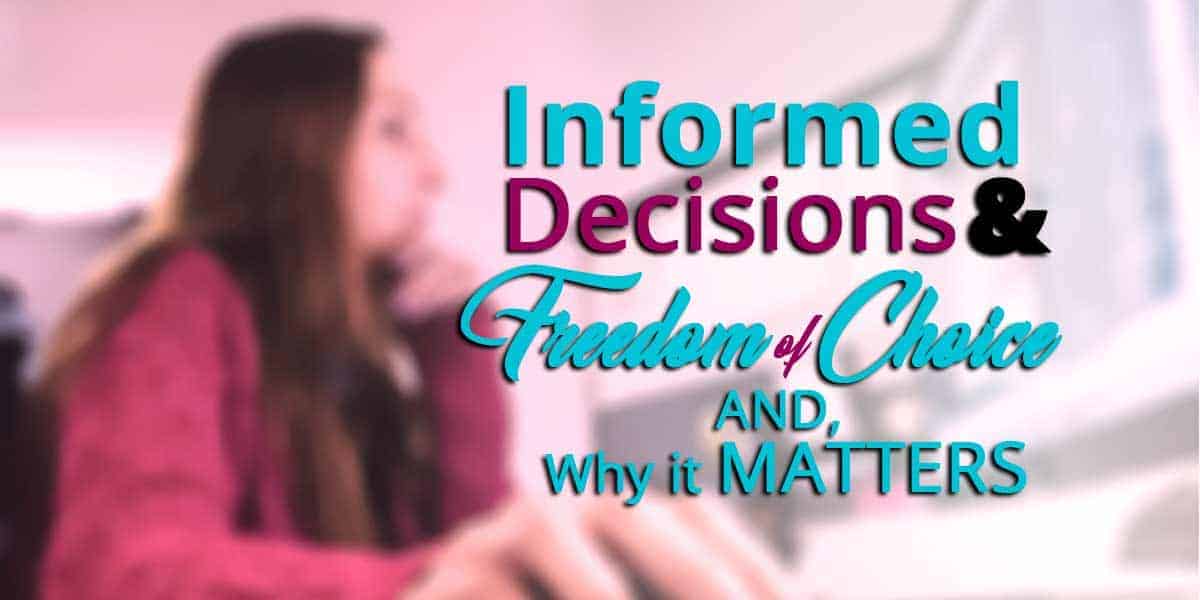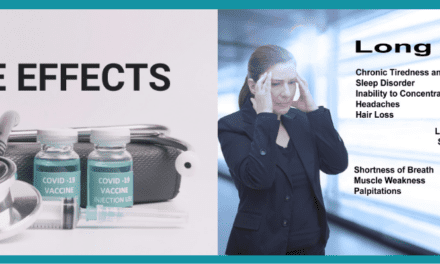Making informed decisions is the key to living your life in the present moment. Empowering yourself with the knowledge to make these informed decisions means leaving an “autopilot” lifestyle behind and gaining control over your life!
So, what are some areas worth learning more about so you can make better decisions for your health and well-being?
Educating yourself on your health, the food you eat, the healthcare systems around you, and who you are creates a strong four-tier base that enables you to make the best decisions possible.
Informed About Health
We have the privilege of knowing, ‘I didn’t know that’ is yesterday’s excuse. We are responsible for every decision we make.
When it comes to our health, we need to be informed of how things affect our minds and bodies. Health is about the food we consume, the hobbies we have, the social interactions we value, and even the advice we take from others.
We must ensure we are living in the present moment so that we are listening to ourselves and picking up on whether or not we are living our healthiest lives with our decisions. When we feel a negative shift, we should pay attention and assess ourselves and our decisions. Doing a “check-in” like this can guide us to find what went wrong and how we can correct it or make a more informed choice next time around!
Informed About Food
Food is a great place to start being informed. You should always look at ingredients. Consider where things come from and how they’re produced. Know the effects certain foods have on your body and its functions. What provides us with nourishment? With proper nutrients? What satisfies us?
Besides knowledge of ingredient lists and methods of production, listen to your body. This is how you will make the MOST informed decisions. Your body says far more than you always hear. To make an informed decision about anything, we must first listen.
An important factor in this specific pillar of informed decision-making is listening to yourself instead of comparing yourself to others. Everybody’s bodies are different, and a diet that may work for a friend or family member may not be what’s best for you (and that’s okay!)
“Stay in your lane,” so to speak. You should always be learning and listening, but in the end, you need to make sure all of the information you gather goes through a filter. Your filter should function in deciding for yourself what information is worth applying to your life and which things were worth learning about, but may not ultimately be the best for you.
Informed About Healthcare
Another thing we get to consider is the way we treat our bodies in health and sickness.
Sometimes it’s easy to take a doctor’s word for something and continue with their treatment plan (sometimes it’s necessary). However, we should know what that treatment plan consists of and what effects, negative and positive, it may have on our bodies.
We also have the option to seek more opinions and alternative health solutions. We have options, and we should, at the very least, be informed of those options. There may not be an exact, clear-cut answer about everything, even after we hear all our options, but knowing what’s available to us allows us to make the best possible decision for us.
Informed About Self
Listen to what your body wants. Think about the things that allow you to nurture your body, mind, and spirit. Have rigorous questions and rigorous conversations with yourself about the things that contribute to your health.
Listening is part of learning.
If I had only asked a bunch of questions to those school board members and never waited for an answer, I wouldn’t have gotten very far in making my decisions because I wouldn’t have any information to go off of. The same goes for ourselves. We must take the feedback our bodies give us and use it to make our best and most sound decisions.
If a particular food makes you feel weak, why continue to eat it? If a specific medication has more adverse effects than it has healing products for your body, why would you blindly continue that treatment method?
Just like politics, there is no one-size-fits-all solution for your health. Your values will influence the decisions you make in caring for your body, just as they influence the way you act, live, and vote. Always know what choices you have and how your decisions in the present will affect your future. Always consider your future alongside the futures of others.
We can only make good decisions if we make informed decisions. Collect information. Ask questions. Consider alternatives. Get all of your options in front of you. Know what you’re choosing, and make a choice that means the most to you.
In Closing
Knowledge is power, right? Reaching your full potential in these four areas can and will change your life. Each day with every thought, action, or non-action, we slowly and gradually start to make the decisions that shape the life we live.
Broadened research helps you better know where you stand on issues, and knowing every angle of a topic can help you decide what you do and do not want.






